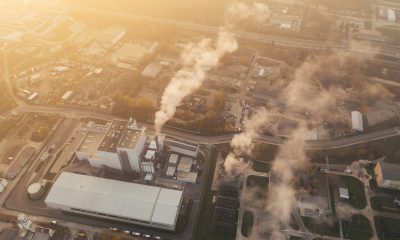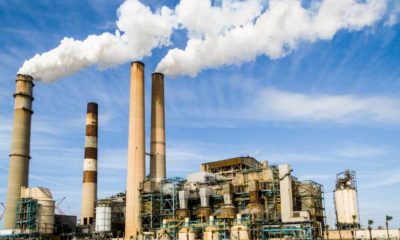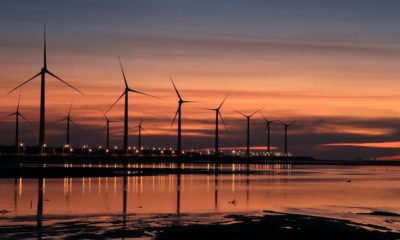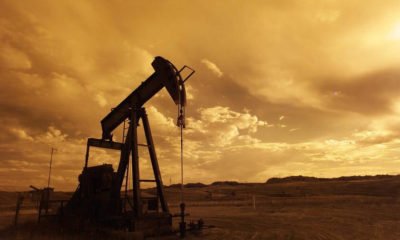Impact Investing
Denmark Leads ESG Rankings as UK, Oman, and Côte d’Ivoire Show Strong Progress
Denmark remains the most sustainable country per Robeco’s ESG rankings. The UK celebrates coal-free power and strong climate progress. The US, Japan, and Oman improved scores, while EU governance declined. Water stress poses growing risks globally. Côte d’Ivoire’s economic rise stands out. Robeco’s ESG framework now emphasizes water metrics as key to long-term national sustainability.
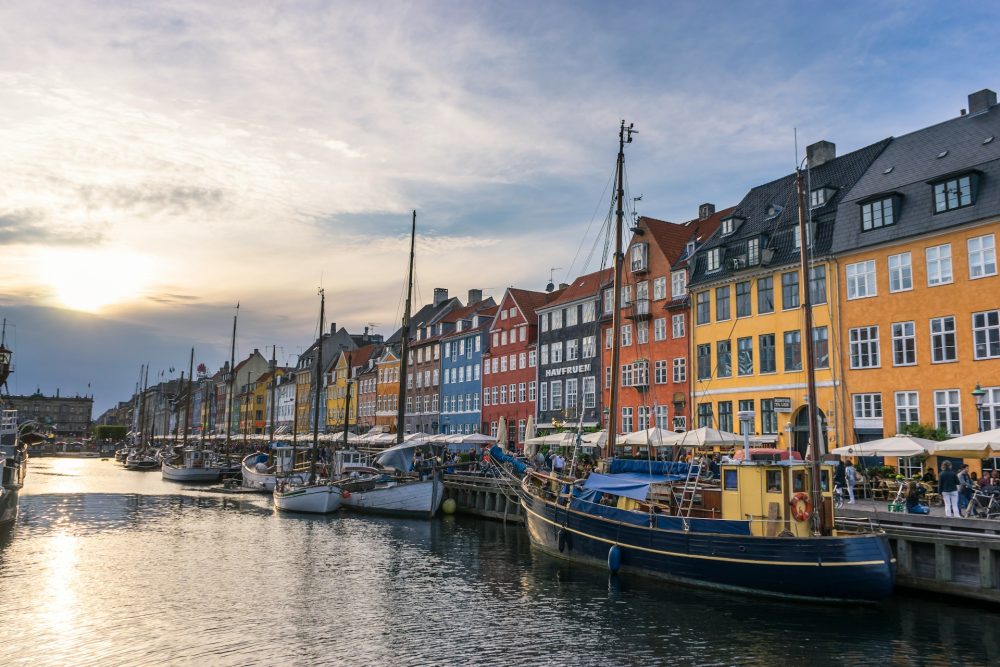
For the second year in a row, Denmark tops Robeco ’s country sustainability rankings, further widening its lead over the Nordic countries, Sweden, Norway and Finland. The countries with the highest scores (the top 14 overall) remained largely unchanged. New Zealand, the only non-European country in the group, dropped two places, while Estonia, Iceland and Austria improved slightly.
Denmark Tops Sustainability List Again Amid Global Shifts in Governance, Climate Action, and Economic Growth
Both the United States and Japan, the world’s largest sovereign debt issuers, gained ground. Despite a decline in its governance score, the United States improved its overall score. However, these results are subject to change, as many of the Trump administration’s drastic policy changes were announced in late spring, too late to be reflected in the countries’ current scores.
Along with the US, governance scores have declined across the EU, where nationalism and political instability have dominated the 2024 elections. As with the US, the lag in governance data means that the political drama unfolding in South Korea following the president’s declaration of martial law in late December 2024 is not yet visible in the score.
In contrast, Saudi Arabia and Oman improved governance by building institutions, reducing corruption, and improving competition. Oman was also one of the countries that made the greatest progress, moving up 11 places in the ranking.
October 2024 was a cause for celebration in Britain and Northern Ireland, but also around the world! After the closure of the last coal-fired power plant in September, the United Kingdom ushered in the era of coal-free energy. For decades and across political divides, the government has promoted decarbonization policies and funding for renewable energy.
The achievement is even more remarkable considering that the UK did not rely on natural gas (a cleaner-burning fossil fuel) from North Sea fields or imports to make up the deficit.
From 2012 to 2024, the share of electricity generated by wind and solar has increased from 6% to 34%. Replacing coal with wind and solar has saved the UK economy around €3.34 billion in costs and over 1 GtCO2e in avoided greenhouse gas emissions (equivalent to almost three years of emissions based on 2024 totals).
Besides Denmark, UK is also showing progress
The UK is not giving up. At COP29, officials announced plans to cut emissions by 81% by 2035, making it one of the few countries still credibly on track to meet the IPCC’s 1.5C temperature targets. However, those targets could be harder to achieve, given that decarbonisation in other sectors has been extremely slow.
Yet the UK continues to impressively outperform the world’s advanced economies on climate and energy indicators. This kind of long-term vision, patient policy and sustained action is exactly the kind of leadership we desperately need today.
Over the past decade, Côte d’Ivoire has transformed itself into an economic powerhouse, far outpacing its sub-Saharan African peers. Between 2012 and 2019, Côte d’Ivoire recorded an average GDP growth of 8.2%, compared to a global average of just under 3%. With GDP growth forecast at 6.1% for 2024, the extraordinary growth is back on track, with inflation also under control.
Denmark has also good water resources
A country’s assets aren’t the only type of flow that sovereign investors monitor: the abundance of water resources is also critical to the functioning of economies. Extreme water stress can disrupt domestic industries, increase government costs, and trigger social unrest, all of which are key concerns for sovereign investors. Denmark is in a good position regarding this.
Water stress, which occurs when demand for water exceeds supply, is increasing globally. While it can arise from natural causes (e.g. drought and seasonal variations in rainfall), overabsorption, pollution and inefficient use of water by people and industries are also contributing factors.
__
(Featured image by Pascal Debrunner via Unsplash)
DISCLAIMER: This article was written by a third party contributor and does not reflect the opinion of Born2Invest, its management, staff or its associates. Please review our disclaimer for more information.
This article may include forward-looking statements. These forward-looking statements generally are identified by the words “believe,” “project,” “estimate,” “become,” “plan,” “will,” and similar expressions. These forward-looking statements involve known and unknown risks as well as uncertainties, including those discussed in the following cautionary statements and elsewhere in this article and on this site. Although the Company may believe that its expectations are based on reasonable assumptions, the actual results that the Company may achieve may differ materially from any forward-looking statements, which reflect the opinions of the management of the Company only as of the date hereof. Additionally, please make sure to read these important disclosures.
First published in ESG NEWS. A third-party contributor translated and adapted the article from the original. In case of discrepancy, the original will prevail.
Although we made reasonable efforts to provide accurate translations, some parts may be incorrect. Born2Invest assumes no responsibility for errors, omissions or ambiguities in the translations provided on this website. Any person or entity relying on translated content does so at their own risk. Born2Invest is not responsible for losses caused by such reliance on the accuracy or reliability of translated information. If you wish to report an error or inaccuracy in the translation, we encourage you to contact us.

-

 Crowdfunding2 weeks ago
Crowdfunding2 weeks agoEvenFi Launches Run-Off Service to Protect Investors as Crowdfunding Platforms Exit
-

 Africa4 days ago
Africa4 days agoTunisia Holds Interest Rate as Inflation Eases, Debate Grows
-

 Crypto2 weeks ago
Crypto2 weeks agoEthereum’s Growing Capacity Puts Pressure on Layer 2 Platforms
-

 Cannabis6 days ago
Cannabis6 days agoCannabis and the Aging Brain: New Research Challenges Old Assumptions
